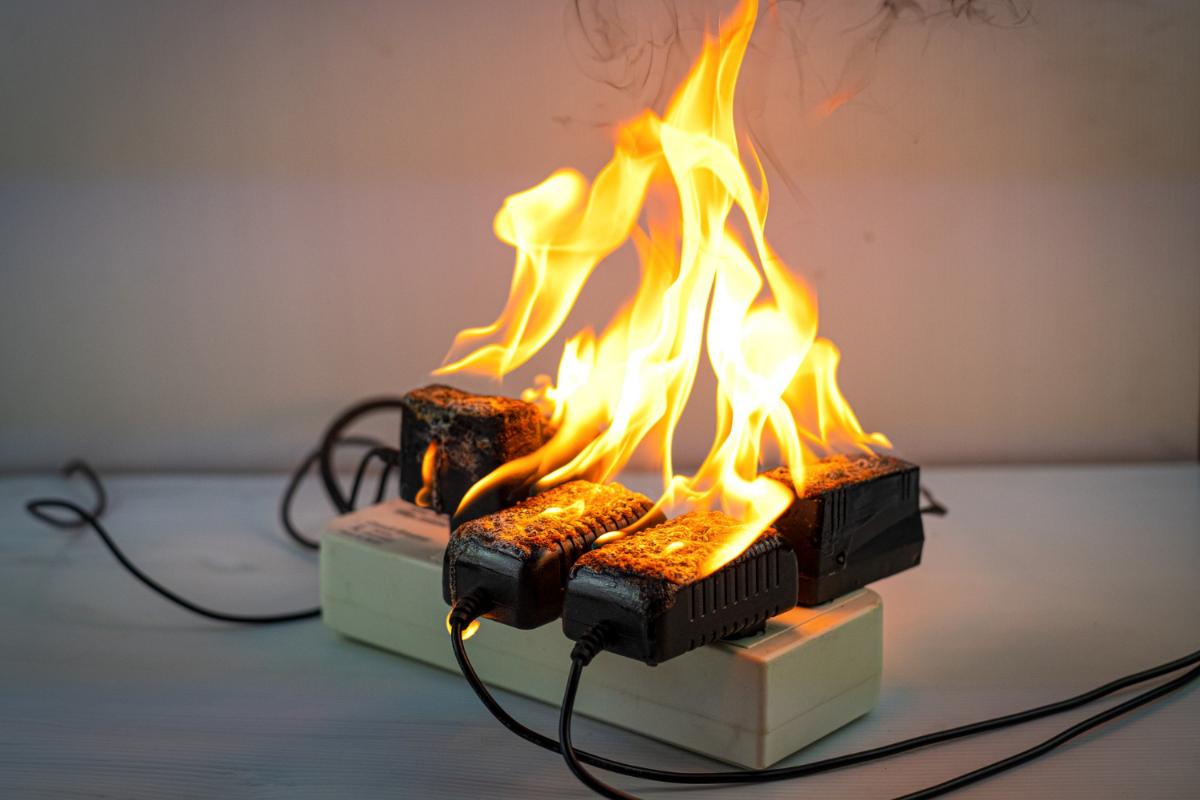Home Electrical Fires and How to Prevent Them

Facts and Statistics
The U.S. Consumer Product Safety Commission (CPSC) reports that electrical receptacles are involved in 5,300 fires every year, causing forty deaths and more than 100 consumer injuries.
Sixty-five percent of home fire deaths result from fires in homes with no working smoke detectors.
Many electrocutions and home fires can be prevented simply by understanding basic electrical safety principles and adhering to safe practices. The best way to protect your family and your home against the risk of electrical fires or electrocution is to hire a qualified, licensed electrician to perform any electrical work in your home. The Electrical Safety Foundation International recommends the following preventative measures you can implement to ensure you keep your family and property safe:
- Have your home electrical system thoroughly inspected by qualified electricians to ensure that all electrical work in the home meets the safety provisions in the NEC.
- Install smoke detectors on every level of the home, inside each bedroom, and outside each sleeping area.
- Ask a qualified electrician if your home would benefit from AFCI protection, especially during inspections of older homes or upgrades to electrical systems. These advanced new safety devices recognize dangerous conditions that are not detected by standard breakers.
- Test smoke detectors and AFCIs monthly to ensure that they are working properly.
- Establish an evacuation plan that can be used in case of an emergency, and practice with your family.
- Use light bulbs that match the recommended wattage on the light fixture. In homes with young children, install tamper resistant receptacles to prevent electrical shocks and burns.
- Conduct a basic assessment of your home electrical system, electrical cords, extension cords, power plugs, and outlets.
- Look for telltale signs of electrical problems such as dim and flickering lights, unusual sizzling and buzzing sounds from your electrical system, insulation and circuit breakers that trip repeatedly. Contact a qualified electrician immediately.
- Use extension cords only temporarily, and never with space heaters or air conditioners.
- Avoid overloading outlets. Consider having additional circuits or outlets added by a qualified electrician as needed.